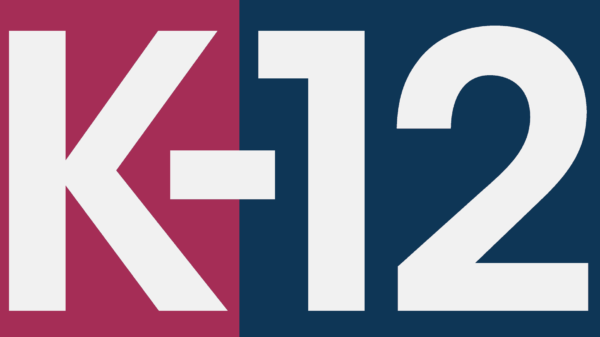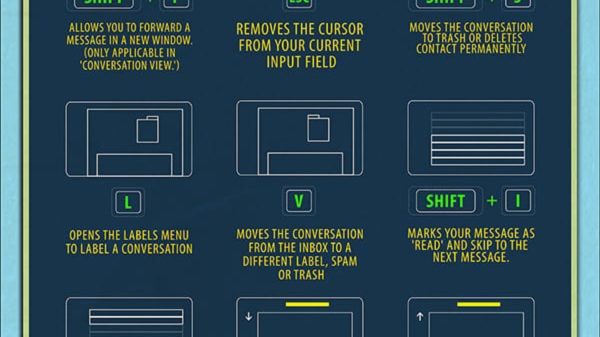A clinical medical assistant is a medical worker that aids physicians during the entire examination process of patients.
Work Environment
The majority of clinical medical assistants work in a physicians office, while others opt to work in public or private hospitals, out-patient facilities, or other health related offices (BLS). Like other medical assistants, clinical medical assistants are known to work 40-hour weeks.
Duties
The scope of duties performed by a clinical medical assistant varies by state in accordance with the law. Nevertheless, a clinical medical assistant can be expected to fulfill a wide array of responsibilities such as annotating a patient’s medical history, recording vital signs, walking patients through treatments and procedures, prepping for examination, and providing physicians with assistance during examination. Other responsibilities may include conducting basic laboratory tests, preparing laboratory work, disposing of contaminated supplies, and sterilizing medical instruments. Depending on their relationship with the physician, they may even be authorized to advise patients on special diets and medications. More importantly, they can prepare, administer, and even authorize refills of medication. In some cases, clinical medical assistants can even draw blood, prepare patients for x-rays, take electrocardiograms, remove sutures, and change dressings. Lastly, they can also be expected to maintain, arrange, and purchase instruments and equipment.
Clinical medical assistants must be
- Attentive to details- writing down a patient’s medical history requires taking detailed notes. Moreover, clinical medical assistants need to be careful and precise when handling patient samples.
- Good-Communicators- relaying information and physician care is a large part of the job. Clinical medical assistants must often tell patients how to take their prescription or what foods to avoid for a special diet. Not surprisingly, their communication skills must be strong.
- Organized- taking care of instruments and ordering supplies requires clinical medical assistants to be very systematic. Without the proper tools, a doctor can’t perform his or her job.
- People-oriented- clinical medical assistants have to be even more people oriented than their administrative counterparts. For drawing blood not only requires the medical assistant to know what they’re doing, but also to understand how to ease the patient in a state of calm. Thus, they must operate with more care than other medical assistants.
Training
The training for clinical medical assistants is not required but highly recommended. Enrolling in a formal training program will help clinical medical assistants learn proper techniques that they may one day perform. The certification for clinical medical assistants is also not required but again, strongly advised. According to the Bureau of Labor Statistics those with certification will have the best job opportunities.

















